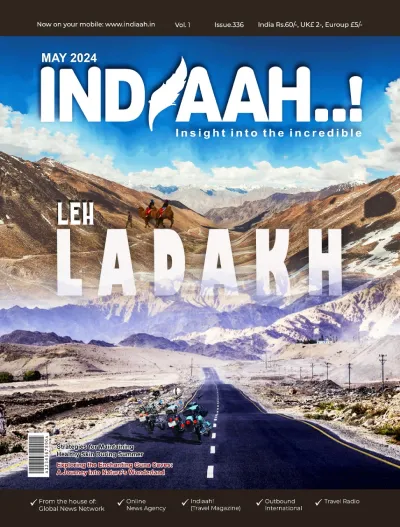
The Gulf Cooperation Council (GCC) tourism sector is set for major transformation in 2025, according to the Connecting Travel Insights Report 2025 by global travel intelligence firm Mabrian. Released during the Arabian Travel Market in Dubai, the report outlines key strategies driving the region’s evolution into a world-class tourism hub, including enhanced air connectivity, improved guest experiences, and growth in key segments like bleisure and younger travellers.
The report highlights a surge in international air capacity across Saudi Arabia (+38%), the UAE (+14.5%), and Qatar (+14%) since 2019. This strong connectivity triangle presents an opportunity to attract more long-haul leisure travellers, especially through strategic seasonal routes. To compete globally, the region is also investing heavily in curated experiences that combine cultural heritage and global appeal, though Mabrian’s Tourist Product Satisfaction Index shows room for improvement in on-site service quality. GCC destinations currently average a TPI score of 68.1, slightly behind leaders like Singapore and Thailand.
Accommodation satisfaction is another critical focus area. Mid-range and upscale hotels across Saudi Arabia, Qatar, and Bahrain need to enhance guest experiences to support longer leisure stays. With HSI scores as low as 62.1 in Saudi Arabia, Mabrian urges a broader hotel development strategy beyond luxury.
The report also identifies untapped potential in bleisure and youth travel. Business travellers in the GCC often stay longer than leisure visitors, signaling an opportunity to expand the bleisure market—except in Saudi Arabia and Oman, where leisure stays dominate. Younger travellers (ages 18–35) already make up 20% of visitors, and offering them aspirational, affordable travel experiences could fuel long-term growth.
The study emphasizes cross-country collaboration, mobility innovation, and destination specialisation as key strengths for the region moving forward. As global tourism becomes more competitive, the GCC is well-positioned to thrive—provided it continues to prioritise data-driven strategies and traveller-centric development.

